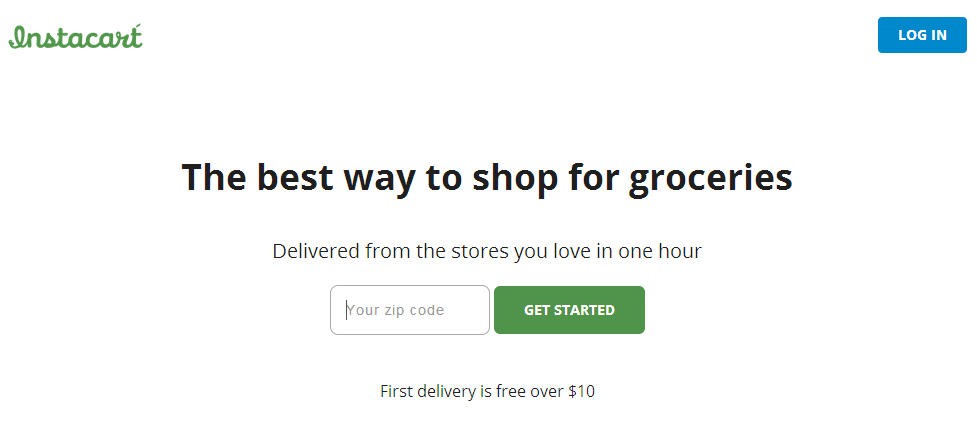BrokerDealer.com/blog update courtesy of extracts from today’s NYT DealBook.
HONG KONG — China has overtaken the United States as the world’s biggest issuer of corporate debt, despite worsening cash flow at Chinese companies since the financial crisis, according to a report released Monday by Standard & Poor’s.
In a study that highlights the rising risk to the global economy posed by China’s informal shadow banking sector, Standard & Poor’s, the ratings agency, found that China’s nonfinancial companies had total outstanding bank loans and bonds worth $14.2 trillion at the end of last year, compared with $13.1 trillion in the United States. Moreover, S.&P. expects strong growth in new borrowing and the need to refinance existing debt will push China’s corporate debt levels to more than $20 trillion by the end of 2018, accounting for a third of worldwide corporate borrowing.
S.&P. estimated that one-quarter to one-third of China’s corporate debt is sourced from the country’s shadow banking sector, a murky world of nonbank lending that caters to borrowers who would otherwise struggle to secure financing.
“This means that as much as 10 percent of global corporate debt is exposed to the risk of a contraction in China’s informal banking sector,” the S.&P. analysts wrote in their report. They estimate China’s shadow banking sector debt at $4 trillion to $5 trillion.
China largely avoided the fallout from the 2008 global financial crisis by going on a tremendous credit binge. Officials ordered the country’s state-dominated banks to increase lending, in many cases to infrastructure or vanity projects that have since proved economically unfeasible. Local government borrowing surged, in the form of both bank loans and bonds, to about $3 trillion at the end of last June, according to an official audit released in December.
At the same time, the proliferation of shadow banking in China has helped the nation’s corporate debt balloon on an even greater scale than that of government debt or household borrowings. This raises concerns because, even as their total borrowings increase, the ability of Chinese companies to make interest payments and to repay bank loans and bond principal is declining.
The S.&P. analysts compared cash flow and leverage data on 8,500 global companies to measure credit risk during the past five years. They found that in 2009, Chinese companies were the least risky when compared with their counterparts in Europe, the United States, Latin America and the rest of Asia. By 2013, however, the credit that Chinese companies enjoyed had deteriorated, and they had become the riskiest borrowers globally.
The full article can be found at NYT DealBook.
